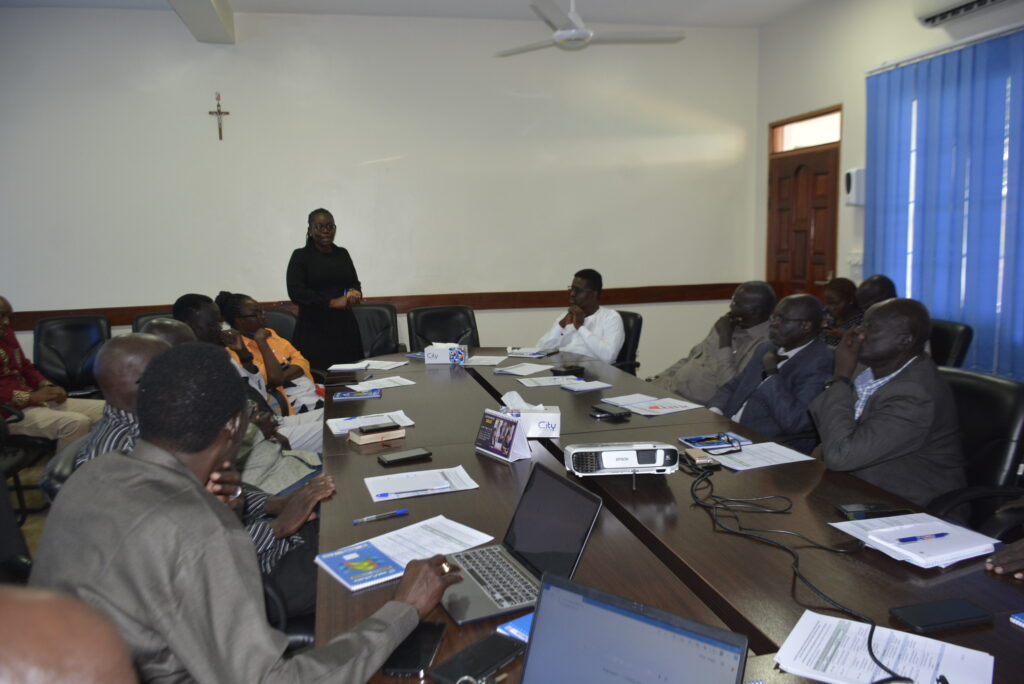Through the support of the Fellowship of Christian Councils and Churches in the Great Lakes and Horn of Africa (FECCLAHA), the SSCC convened and facilitated conversation among the church leaders on the question of the constitution review as part of the Agreement implementation. The session realized sharing from other Councils including the National Council of Churches of Kenya (NCCK. One of the key outputs was the consensus to form a team to make a follow up and advance collective-informed advocacy actions and community engagements in the Constitutional review process.
It is with light of the above that South Sudan Council of Churches organized a follow up engagement with 20 church leaders on 8th to 10th November 2023 in Juba, South Sudan. The council was joined by a programme staff from FECCLAHA head office during the engagement.
Background
With the extension of the transition period in the implementation of the Revitalized Agreement on the Resolution of Conflicts in South Sudan (R-ARCSS) comes high degree of anxiety among all the stakeholders and the citizens. Given that the implementation process has experienced slow pace and sometimes postponement of key areas of actions, the extension provides both opportunities of putting all that is required in place to assure the citizens of sustainable inclusive peace and stability. The South Sudan Council of Churches (SSCC) has, since 2015, been implementing various actions both at the regional, national, and local levels with the focus on, first, stopping the war (2015-2018)and, secondly, consolidating peace dividends and eradicating all forms of violence. The two agendas have been defined in the Action Plan for Peace (APP) first and second (current) phases respectively. As the country moves toward the elections scheduled in December 2024 as per the extended period roadmap, key areas that the Council has identified that need urgent attention include: the constitutional review, formation and capacity building of the electoral body, the judicial review process; and locally based locally led healing and reconciliation.

